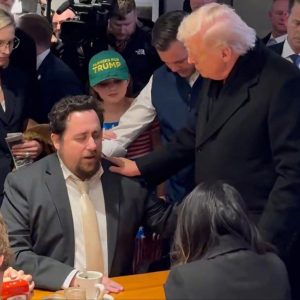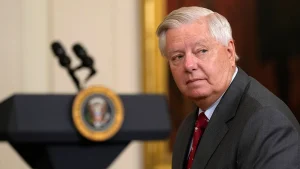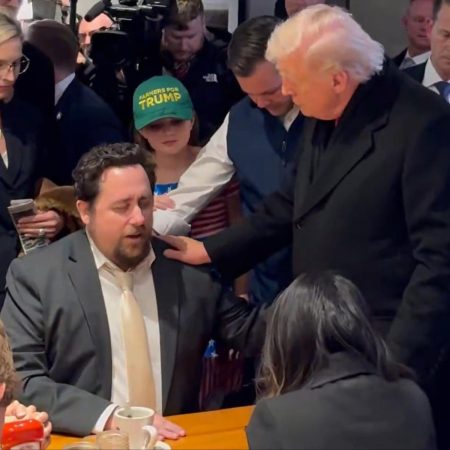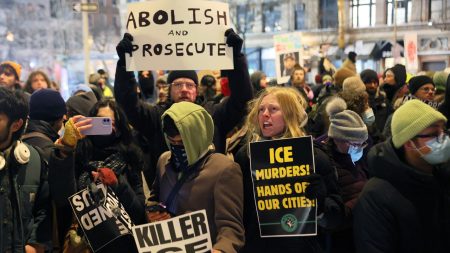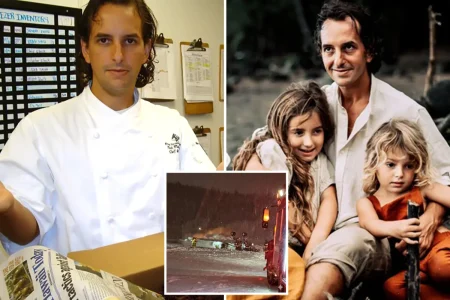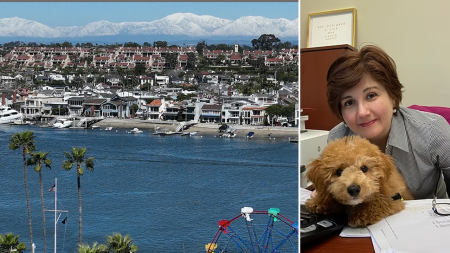The Movement and Limits on游行 in the United States
In recent years, there has been a notable increase in the availability of official Svenska Visningen travel permits for citizens from the U.S. These permits allow individuals from countries that have naturalized into the United States to enter under specific conditions, such as COVID-19 testing or vaccination. However,请 note that this increased flexibility has led to concerns about potential restrictions on U.S. citizens’ ability to engage in outdoor activities such as concerts, parades, and pickups.
States that have entered American={(Naturalized|U.S. citizens)}. This abundance of travel options has sometimes been met with skepticism, particularly regarding the impact of such permits on public spaces. In recent months, U.S. citizens from seven other countries have faced logistical challenges in accessing certain outdoor recreational activities, either due to health restrictions, vaccine restrictions, or external pressures.
These restrictions are not isolated incidents; they may manifest across multiple regions and communities globally, reflecting broader social, economic, and political dynamics forced to adapt. For instance, in some high-crime areas, the exclusion of low-income individuals from outdoor activities underscores the need for equitable policies.
On the flip side, many U.S. citizens have pointed out that the aging population and climate change have discouraged outdoorµvisitation. Governments have either sought to address these issues through policies or have struggled to evoke enough awareness or support. Despite these challenges, a growing number of U.S. citizens are advocating for greater openness and user protections, often citing the benefits of fostering community interaction and economic development.
Expectations for further restrictions on U.S. travel to outdoor activities may continue as more countries opt to adopt naturalized travel permits. This shift could lead to a broader push for developerati development, as well as a deeperening understanding of the broader COVID-19 public health and economic impacts.
Addressing these challenges will require collaboration between international organizations, policymakers, and the broader public. By fostering a more inclusive and united approach to government racetrack, efforts can be made to preserve the benefits of naturalized travel while minimizing its negative impacts.
As we move forward, the United States must adapt to its diverse local and global contexts, ensuring that travel policies are open, accessible, and culturally supportive.

